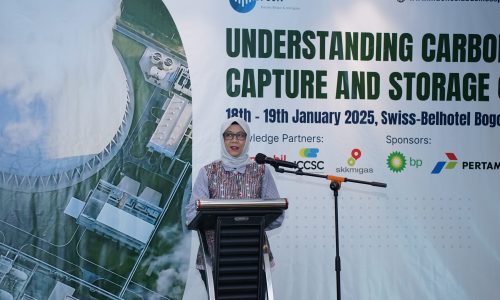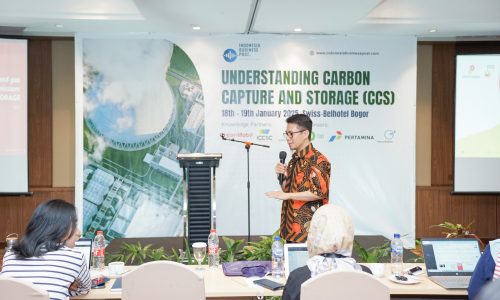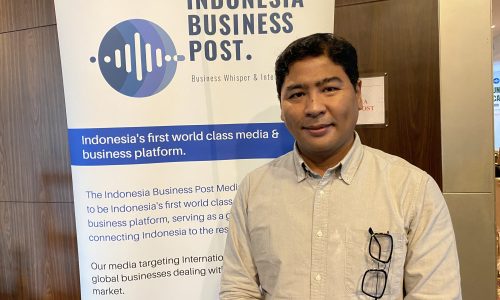The Indonesian government intensifies efforts to develop nuclear power plants (PLTN) by incorporating it into the National Energy Policy (KEN) discussions. The revision of Government Regulation No. 79/2014 aims to promote both renewable energy and nuclear power.
The new KEN revision signals a shift, eliminating nuclear energy as the last resort, showcasing the government’s seriousness in considering nuclear power as a viable option.
Yudo Dwinanda Priaadi, Director General of New and Renewable Energy and Energy Conservation, emphasizes the stringent regulations overseeing nuclear development, with institutions such as National Research and Innovation Agency (BRIN), Nuclear Energy Regulatory Agency (BAPETEN), and International Atomic Energy Agency (IAEA) ensuring compliance.
Currently, Indonesia is actively working to fulfill the 19 criteria set by the IAEA for nuclear development. Progress is underway, with three criteria remaining to be addressed.
Yudo highlights the pivotal role of the EBET Bill, stating that after its enactment, Indonesia can proceed with accelerated nuclear development. The bill’s inclusion of nuclear energy provides a clear government position, streamlining regulations in line with IAEA standards.
In addition to KEN, nuclear discussions are part of the National Electricity General Plan (RUKN). Commercial nuclear development is planned for 2032, aiming to achieve a capacity of 9 GW by 2060, enhancing the reliability of the electricity system.
Jisman P. Hutajulu, Director General of Electricity at the Ministry of Energy and Mineral Resources, outlines the roadmap for commercial nuclear development, with a focus on system reliability and a capacity increase to 9 GW by 2060.
Djoko Siswanto, Secretary General of the National Energy Council (DEN), reveals preparations for a letter to President Joko Widodo to seek guidance on nuclear development. Despite existing regulations, presidential direction is deemed essential for studies, infrastructure preparation, land acquisition, and public awareness initiatives.










